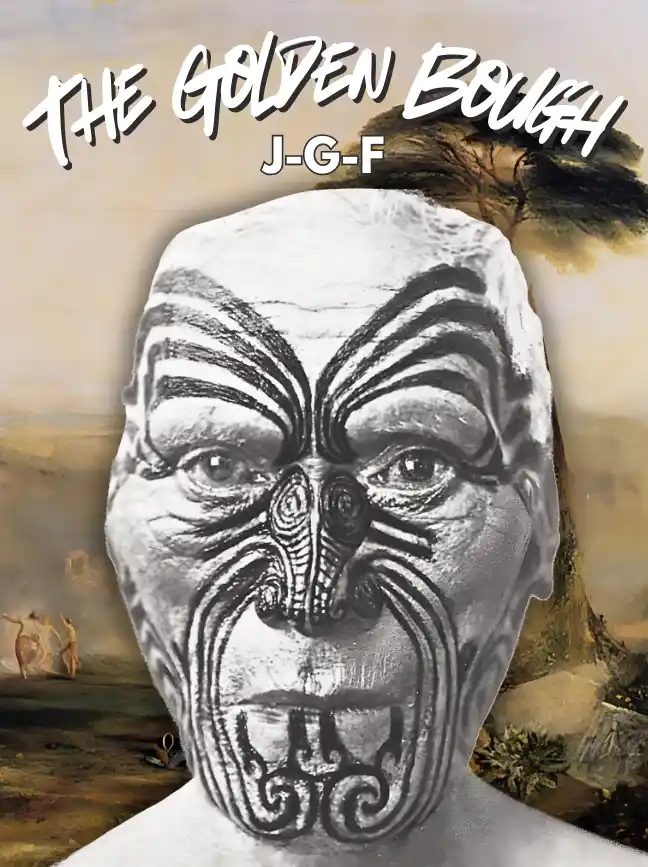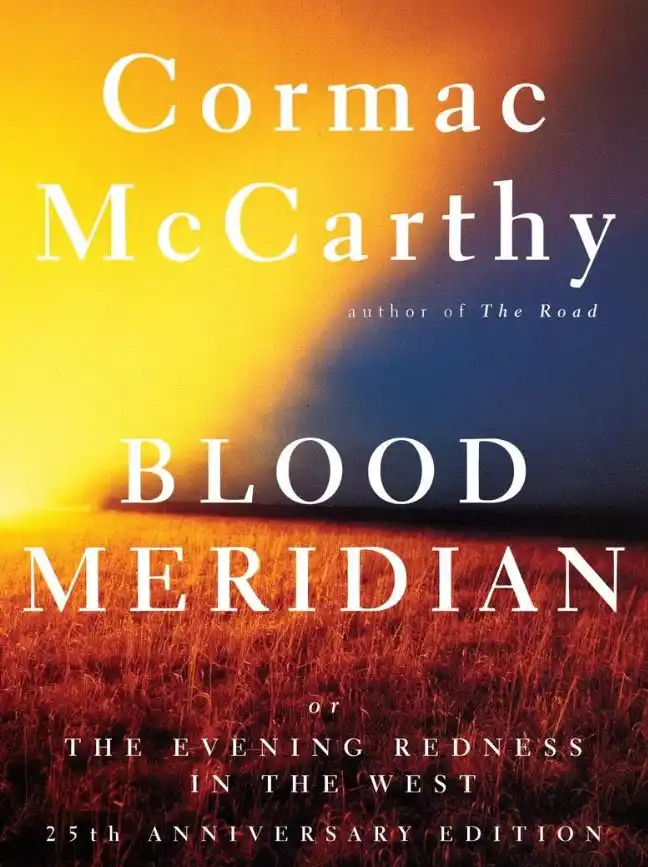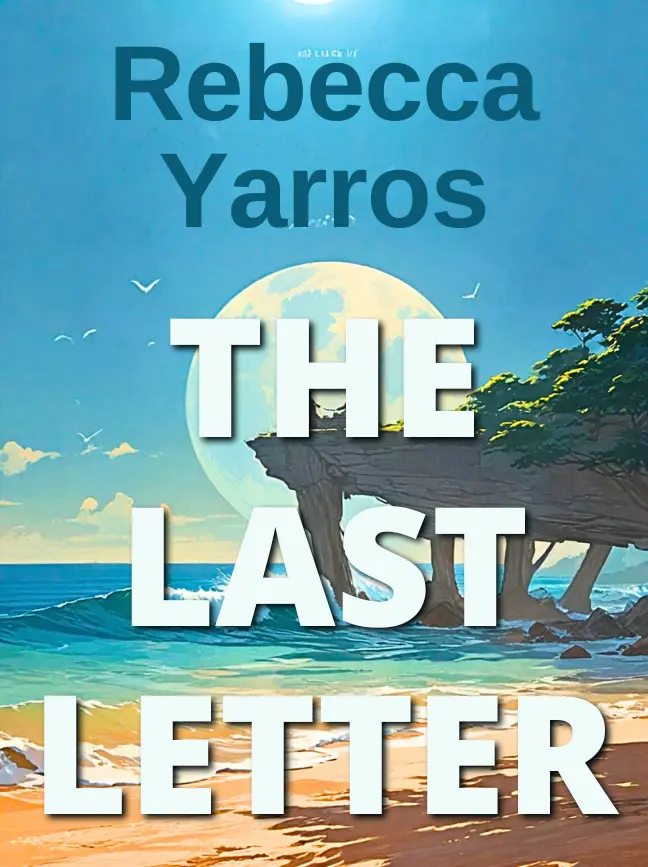In his journal, Nobel Prize winner John Steinbeck described East of Eden as “the first book”—a work with the raw power and elemental simplicity of myth. Set in California’s fertile Salinas Valley, this sweeping and often harrowing novel traces the fates of two families—the Trasks and the Hamiltons—whose generations are destined to repeat the biblical tale of Adam and Eve and the tragic rivalry of Cain and Abel.
Adam Trask moves west to California, hoping to build a new life and raise a family on the abundant land. But after the birth of his twin sons, Cal and Aaron, his wife descends into madness, leaving Adam to raise the boys alone. One son flourishes, surrounded by affection and light, while the other is left in the shadows, haunted by isolation and a deep, unexplained darkness.
First published in 1952, East of Eden features some of Steinbeck’s most unforgettable characters and explores timeless themes: the search for identity, the complexities of love, and the devastating impact of its absence. Both a sweeping family epic and a modern retelling of the Book of Genesis, East of Eden stands as a towering achievement of Steinbeck’s later career.






